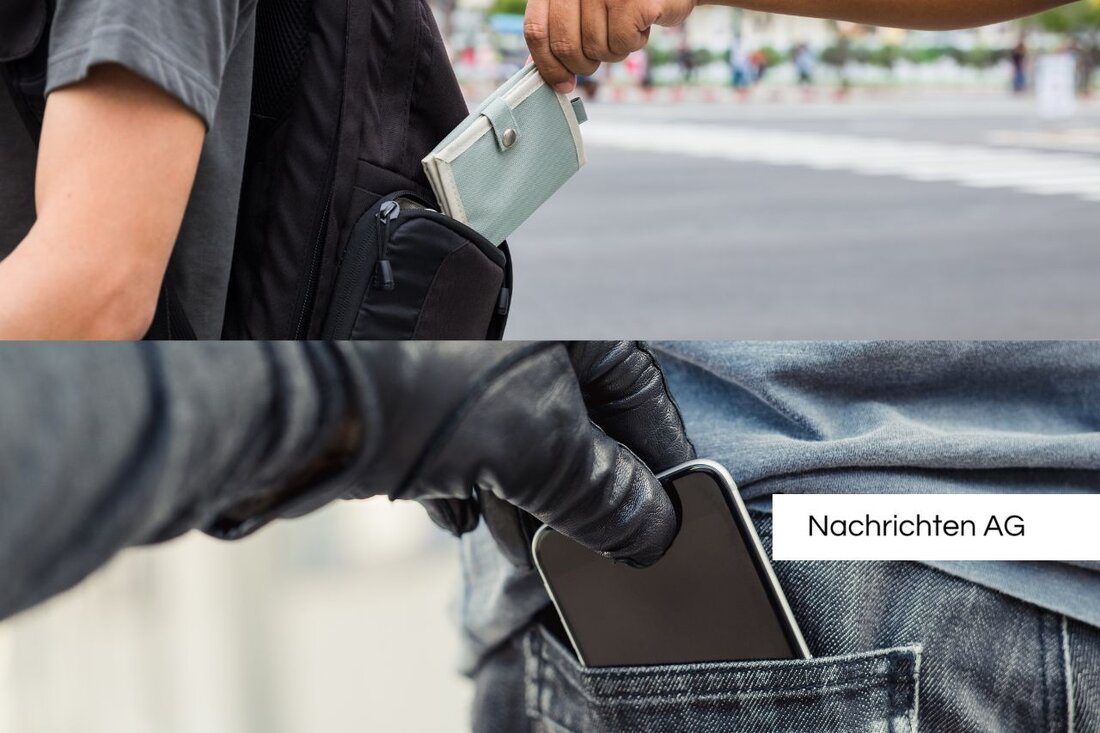With new help, Vienna creates security for underage intensive offenders
The 5th Vienna municipal council discusses new measures to support underage intensive careers and important urban developments.

With new help, Vienna creates security for underage intensive offenders
On Wednesday, September 24, 2025, the 5th Viennese municipal council began at 9:00 a.m. with the regular question time. At the center of the discussion was the newly introduced "orientation aid for underage intensive offenders", who, according to Grin Jing HU (Neos), aimed at young people under the age of 14. These are often involved in criminal offenses such as car theft and brawls. Education and integration city councilor Bettina Emmerling (NEOS) explained that the concept aims to counteract a lack of empathy and legal awareness among these young people.
The problem is complex: parents often cannot offer the necessary support, and the police and the judiciary have no legal options due to the age of the perpetrators to intervene. The buddy trained by urban MA 11 plays an important role here by teaching and promoting empathy to the children. The aim is to re -socialize young people and to return to their school surroundings.
Orientation aid for young intensive offenders
The "orientation aid for underage intensive offenders" is part of a comprehensive 5-point program that was launched by the City of Vienna. This measure was presented by Vice Mayor Bettina Emmerling and other representatives of the Vienna child and youth welfare and the organization "Save the child". Here the focus is on the early support of minor perpetrators and their families in order to avoid delinquent behaviors.
The discussion about the methods and strategies for the support of these young people is currently being held in the Ministry of Justice. Emmerling found that the city of Vienna creates an innovative offer with this new orientation aid, which not only benefits the families concerned, but also contributes to relieving the judiciary and health system.
Questions about urban developments and budgets
During the meeting, further questions went to other city councilors, Grin Mag. Heidemarie Sequence (Greens) asked about delays in the U-Bahn expansion that could affect the Rothneusiedl urban development area. Mobility City Councilor Ulli Sima (SPÖ) assured that existing delays do not endanger the development. However, the environmental impact assessment (RRP) has not yet been completed, which leads to uncertainties. Sima was optimistic that the first expansion stage of the U2/U5 will be completed by 2030, but warned of possible unpredictable environmental events.
Another point on the agenda was the question of GR Ing. Udo Guggenbichler (FPÖ) for savings at the district budget. Finance City Councilor Barbara Novak (SPÖ) made it clear that no cuts are planned and that the city provides 17 million euros to maintain the budgets for 2025. In addition, GR Mag. Alexander Ackerl (SPÖ) dealt with social city councilor Peter Hacker (SPÖ), who called for improvements in the integration measures to enable financial independence and faster integration.
In summary, it can be said that the Vienna municipal council not only takes concrete steps to improve security and support for vulnerable groups, but also actively works on the development of a better social environment.

 Suche
Suche
